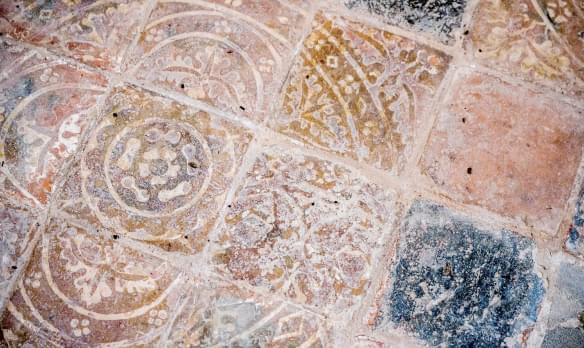
St Luke
Thurnby, Leicestershire | LE7 9PN
We have supported this church
Search for a fascinating place to visit, or see the variety of churches, chapels and meeting houses we have supported.

Thurnby, Leicestershire | LE7 9PN
We have supported this church

Latimer, Buckinghamshire | HP5 1UG
Set above the beautiful Chess Valley in an area beloved by walkers, this mid 19th century church was largely designed by the famous Victorian architect, George Gilbert Scott, and has striking early 20th century wall paintings on its chancel arch.

Humberstone, Leicestershire | LE5 1AE
We have supported this church

Dolobran, Powys | SY22 6HU
Hidden among trees, and reached by track and footpath, this tiny meeting house is hard to find and reach.
Houghton Regis, Bedfordshire | LU5 5DJ
A beautiful medieval parish church; a site of Christian worship for over 1000 years.


Ascot Heath, Berkshire | SL5 8DQ
The church was completed in May 1864, the north aisle was added around 1890.
We have supported this church

Kings Norton, Leicestershire | LE7 9BF
This 18th century church has retained many outstanding features including a three tier pulpit; Nicholas Pevsner described it as 'Of the churches of the Early Gothic Revival this is one of the most remarkable in England'.

Frome St Quintin, Dorset | DT2 0HF
We have supported this church

East Worldham, Hampshire | GU34 3AQ
The lady lay in quiet repose, medieval mystery of our beautiful woman of Worldham. St Mary the Virgin sits prominently on the crossroads at Worldham Hill.

Morriston, Glamorgan | SA6 8BR
Welsh architect John Humphreys built what is said to be perhaps the most ambitious chapel in Wales in 1870, for the then huge sum of £18,000.

Repton, Derbyshire | DE65 6FH
St Wystan's has a fascinating and complex history, much of it forgotten or misunderstood until Dr Harold Taylor began to study it in the 1930s'.